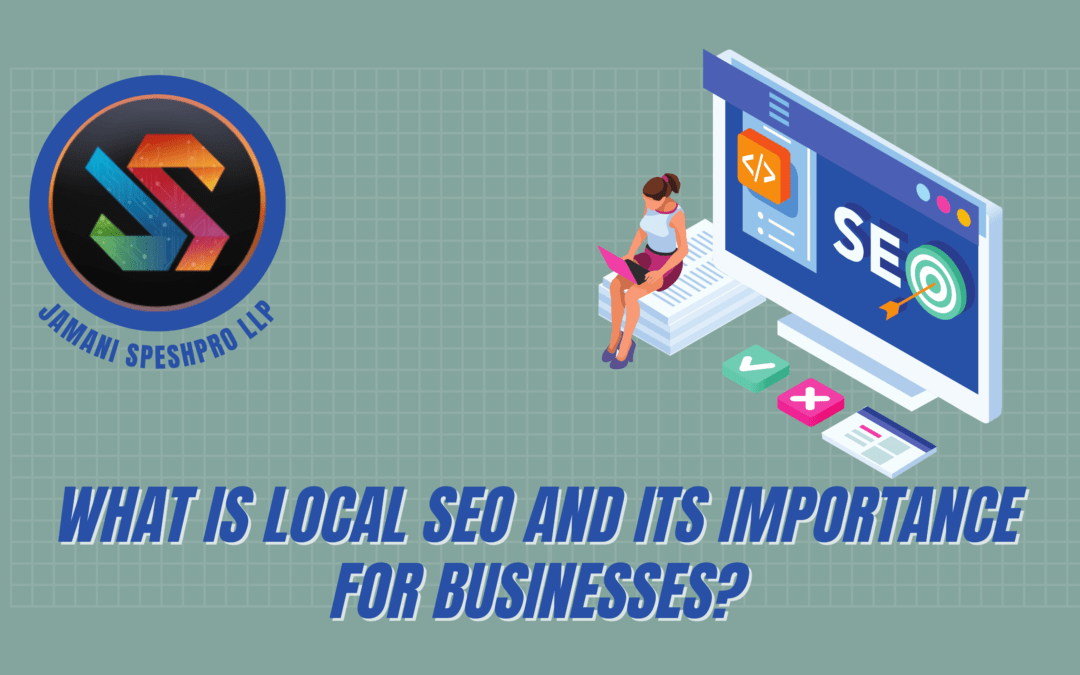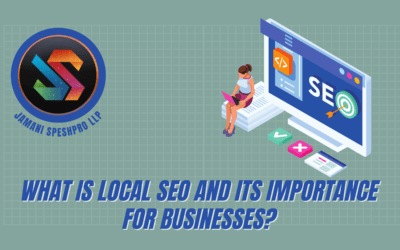A Content Management System (CMS) is a software tool that enables users to create, manage, and publish digital content, typically for websites. With a CMS, users can create and edit content in a user-friendly interface without requiring extensive technical knowledge. Moreover, CMSs provide a range of features, such as templates, plugins, and user management, to make content creation and maintenance more efficient. Popular CMSs include WordPress, Drupal, and Joomla.
Web Design & Development Company experts consider that WordPress, Joomla, and Drupal platforms are dominating the market for many years and continue to be the most popular choice among web developers and website owners. Now the question is what makes these platforms so popular in the IT World. Let’s go through the blog and learn about these platforms and advantages of popular CMS ruling the world.

WordPress
WordPress is a popular content management system (CMS) used to create and manage websites. It was first released in 2003 and has since become one of the most widely used CMSs in the world. WordPress is a free and open-source platform, meaning anyone can use, modify, and distribute the software.
WordPress is the most widely used CMS platform and has a huge community of users and developers who contribute to its growth and development. With its user-friendly interface, easy customization options, and wide range of plugins and themes, WordPress is a popular choice for small businesses and personal blogs. Additionally, the platform is easy to use for non-technical users, making it ideal for individuals who want to build and manage their websites. For the best WordPress services connect with the best WordPress Developers in Chandigarh.
Advantages of WordPress.
1) User-Friendly Interface:
WordPress is easy to use and comes with a user-friendly interface which makes it simple, although non-technical persons can also manage and update the website.
2) Customizable Themes:
WordPress offers a wide range of customizable themes that can use to create unique and engaging websites. These themes are often responsive and user-friendly.
3) Extensive Plugin Library:
WordPress has an extensive library of plugins that helps to add new functionality to your website. From social media integration to e-commerce features, there’s a plugin for almost anything.
4) SEO Friendly:
WordPress is a highly SEO-friendly platform with several built-in features that helps to improve search engine rankings. For example, it allows you to add meta descriptions, tags, and keywords to your pages and posts and offers plugins to optimise your content further.
5) Cost-Effective:
WordPress is an affordable platform for building websites. Many of its features and functionalities are free, and the hosting and domain registration cost is relatively low.

Joomla
Joomla open-source content management system (CMS) that enables users to create, manage, and publish digital content on the web. It was first released in 2005 and has since become one of the most popular CMS platforms in the world, powering millions of websites.
The key feature of Joomla is its flexibility and extensibility. With the help of extensions, users can add various functionalities to their Joomla website, such as e-commerce, social networking, and multimedia. Joomla has a vast library of free and paid extensions that can be downloaded and installed in a few clicks. Joomla also has a robust user community that contributes to developing new extensions, templates, and features.
Advantages of Joomla
1) User-friendly interface:
Joomla has a user-friendly interface that is easy to navigate, making it easy for users of all levels of expertise to use. With Joomla, you can easily create and manage your website content without technical knowledge.
2) Flexibility and customization:
Joomla is highly flexible and customizable, allowing users to create and design their websites according to their needs and requirements. With Joomla, you can easily add and remove features, plugins, and modules to create a website tailored to your unique needs.
3) SEO-friendly
Joomla is SEO-friendly, which means it has built-in features that make it easy for search engines to crawl and index your website. It helps to improve your website’s search engine ranking and increase your online visibility.
4) Multilingual support:
Joomla supports multiple languages. It helps the developers to create a website to connect with users from different countries and regions.
5) Security:
Joomla’s robust security system protects your website from hacking, spam, and other online threats. With Joomla, you can ensure your website is safe and secure.
We have learnt about the two most popular CMS. Now the question arises that what are the distinct differences that make these platforms better suited for different purposes
WordPress Vs. Joomla
WordPress and Joomla are the two most popular Content Management Systems (CMS) available today. Both platforms allow users to create and manage websites of their own.
WordPress’s Flexibility and Customization
WordPress is the more popular of the two, with over 40% of people using the platform to create the WordPress Website. It is an easy-to-use CMS that offers considerable flexibility and customization options. Moreover, WordPress is known for its vast library of plugins and themes, which helps to extend its functionality and change its appearance. It is also known for being SEO-friendly, making it a good choice for those looking to improve their website’s search engine rankings.
Joomla’s security features
Joomla is a more powerful CMS better suited for complex websites. It offers more built-in features than WordPress and is known for its robust security features. Additionally, Joomla has a steeper learning curve than WordPress. Joomla also provides considerable flexibility and customization options to its users. As a result, Joomla is a good choice for creating websites that require advanced functionality, such as social networks or online marketplaces.
1) One of the most significant differences between WordPress and Joomla is their user interface. WordPress has a more user-friendly interface, making it easier for beginners to create and manage their own websites. On the other hand, Joomla has a more complex interface that can be intimidating for beginners, but it offers more advanced customization options for experienced users.
2) The following difference between the two platforms is their community support. WordPress has a larger user community. That means more resources are available online for troubleshooting and customization. Joomla has a smaller community of users yet is dedicated to the community of developers who contribute to the platform’s development and support users.
Drupal
Drupal open-source content management system (CMS) used to build and manage websites. It is written in PHP and uses a MySQL database to store content and settings. Drupal is known for its flexibility, scalability, and security features, making it a popular choice for organizations of all sizes, from small businesses to large enterprises.
One of Drupal’s key features is its modular architecture. The functionality is designed to be highly extensible, with an extensive library of add-on modules available to help the users to customize their site’s functionality. These modules help to add features such as forums, e-commerce, multimedia, and more.
When it comes to creating and managing user accounts, Drupal is quite flexible. The system allows administrators to create roles and permissions that define what users can and cannot do on the site.It helps organizations quickly control and access certain content or features, making it a popular choice for sites requiring a high degree of security.
Drupal also offers a powerful taxonomy system, which allows users to organize and categorize their content in a way that makes sense for their site. The system helps to create hierarchical relationships between content, such as grouping articles by topic or creating subcategories within a larger category.
Consider specific factors to choose the best CMS
When choosing a CMS for website design, it’s essential to consider the specific needs of your business or organization. Factors such as the size of your website, the amount of traffic you expect to receive, and the level of customization you require will all impact your choice of platform.
If you are located in India, you can find web developers in Chandigarh that specialize in CMS development and website design. The developers will help you choose the best CMS for your needs and guide you through building and launching your website. You can also connect with Jamani Speshpro LLP for ongoing support and maintenance to keep your website running smoothly and securely.
At closure, we learned why WordPress, Joomla, and Drupal are the top CMS for website design in 2023. Each platform offers its own unique set of features and capabilities, so it’s important to choose the one that best meets your needs, whether you are building a small personal blog or a large corporate website.














0 Comments